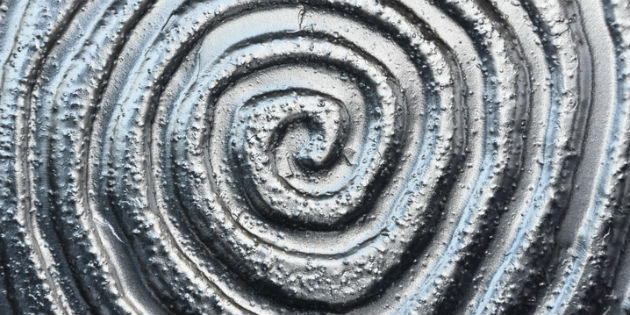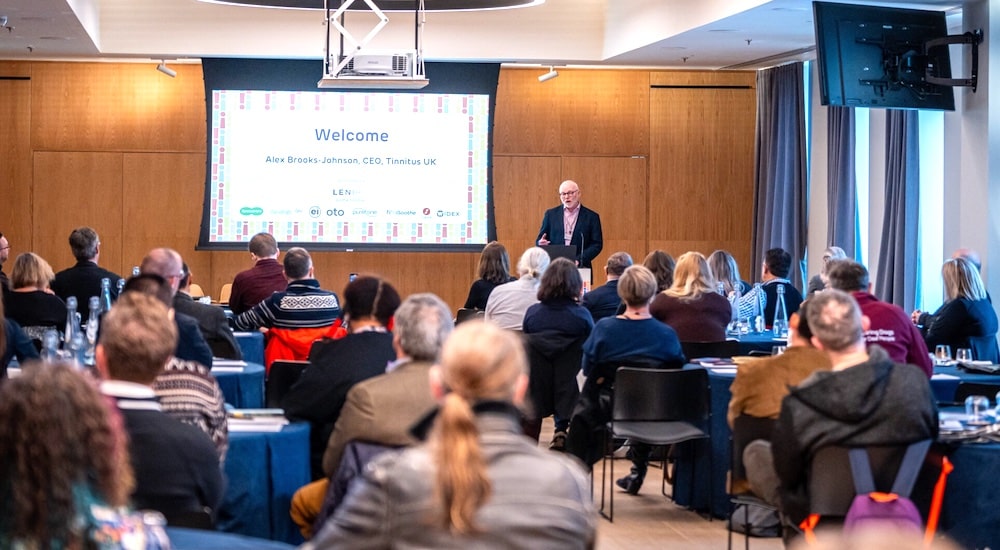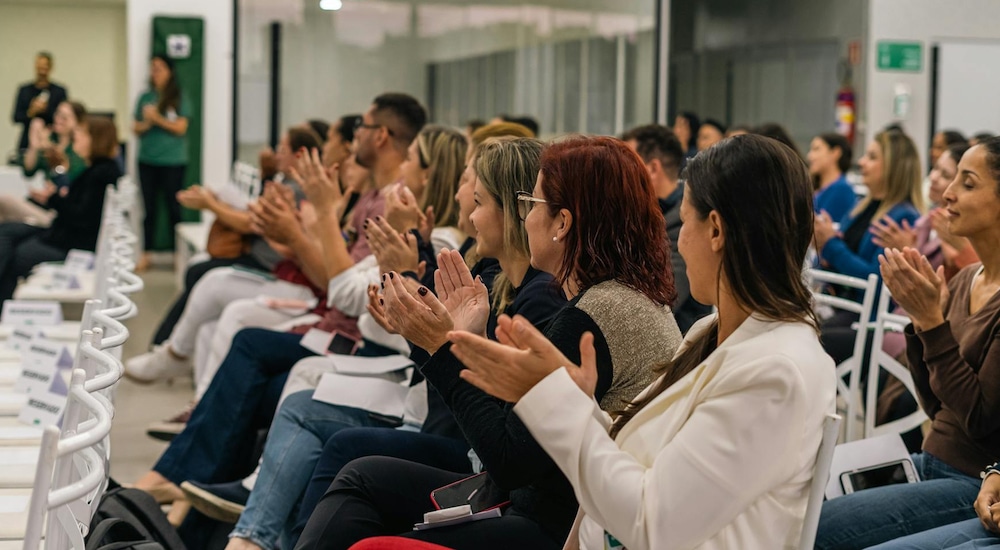Cell regeneration therapy to treat hearing loss
Hearing cells
Science news source EurekAlert recently reported on research involving the epidermal growth factor (EGF) that may be an approach to regenerate hearing cells.

Scientists from the University of Rochester Medical Center, New York and Harvard Medical School’s Massachusetts Ear and Eye Infirmary, Boston recently published the results of their research involving the neonatal mouse cochlea in the European Journal of Neuroscience.
“It’s funny, but mammals are the oddballs in the animal kingdom when it comes to cochlear regeneration,” Jingyuan Zhang, Ph.D. from the University of Rochester’s Department of Biology told EurekAlert. “We’re the only vertebrates that can’t do it.”
The team aimed to test whether signaling from the EGF family of receptors could play a role in cochlear regeneration in mammals. They focused on a specific receptor called ERBB2, found in cochlear support cells. It was found that activating this pathway led to a series of cellular events where cochlear support cells began to proliferate and start the process of activating other neighboring stem cells to become new sensory hair cells required for hearing.
The research is of course at an early stage, but the authors conclude that “Our data suggest that signaling from the receptor tyrosine kinase ERBB2 can drive the activation of secondary signaling pathways to regulate regeneration, suggesting a new model where an interplay of cell signaling regulates regeneration by endogenous stem-like cells.”
Source: EurekAlert; Zhang J, et al. ERBB2 signaling drives supporting cell proliferation in vitro and apparent supernumerary hair cell formation in vivo in the neonatal mouse cochlea. European Journal of Neuroscience. 2018 Sep 30.


